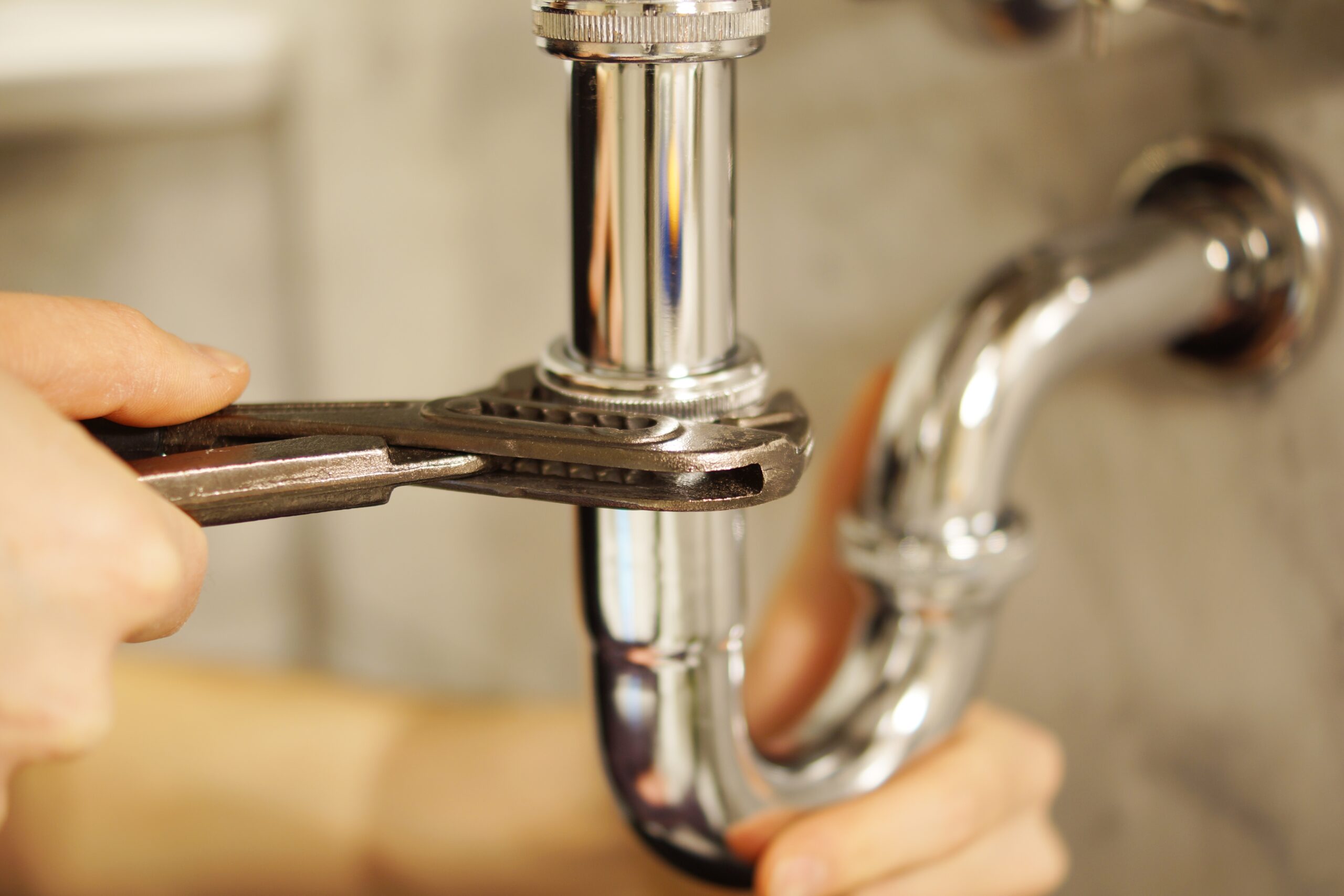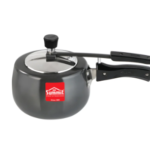Plumbing issues can dent your normal way of life and give rise to costly repairs if left unattended for a long period of time. Whether a homeowner or property manager, knowing your way around efficient plumbing services can save you valuable time, money, and distress. This blog will discuss tips that can help you ensure your plumbing needs are attended to efficiently and effectively.
Understanding Your Plumbing System
Before delving into effective plumbing service tips, it is good to have a general idea of your plumbing system. The plumbing in your house consists of pipes, fixtures, and appliances all connected to distribute water and dispose of waste. Knowing your plumbing configuration allows you to locate problems more precisely and will help you communicate with your plumber.
Know When to Call a Professional
One of the most valuable pieces of advice on effective plumbing service is to know when to seek the assistance of a professional in order to get yourself out of a jam. Here are a few of the most common signs that you need to seek the help of a professional:
- Persistent Clogs: If your drains frequently clog despite your efforts to clear them, it’s time to call a plumber.
- Leaking Pipes: Noticeable leaks can cause water damage and mold growth. Don’t ignore them!
- Low Water Pressure: If your water pressure drops suddenly, it could indicate a problem with your plumbing.
- Strange Noises: Unusual sounds, such as gurgling or banging, can signal underlying issues in your plumbing system.
- Water Heater Problems: If your water heater isn’t providing hot water or is leaking, call a professional immediately.
Research Local Plumbers
Finding a good plumber means great service. Here are a few best ways to research local plumbers:
- Online Reviews: Use websites like Yelp, Google, or Angie’s List to read reviews and ratings from other customers.
- Social Media: Check local community groups on Facebook or other platforms for recommendations and feedback.
- Ask for Referrals: Talk to friends, family, or neighbors who have had positive experiences with local plumbers.
Check Qualifications
Before hiring a plumber, make sure to check their qualifications. A good plumber should be:
- Licensed: Ensure they hold a valid license to operate in your area. Licensing usually indicates that they have met certain training and standards.
- Insured: A reputable plumber will have insurance to protect you from liability in case of accidents or damages during the job.
- Experienced: Look for a plumber with experience in handling the specific issues you are facing.
Get Multiple Quotes
When you narrow down your list of plumbers, don’t be satisfied with just one quote. Sometimes, multiple quotes will enable you to make better price and service comparisons. Here’s how you may want to go about doing it:
- Describe Your Issue: Provide a detailed description of your plumbing problem to each plumber. This helps them give accurate estimates.
- Ask for a Breakdown: Request a breakdown of the costs, including labor, materials, and any additional fees.
- Be Wary of Low Quotes: While it’s tempting to choose the cheapest option, extremely low quotes may indicate poor quality work or hidden fees.
Ask About Services Offered
Not every plumbing company offers the exact services. As you compare your options, you may want to ask about the following:
- What Services Do You Offer? Ensure the plumber has experience with your specific plumbing issue, whether it’s a clogged drain, leak, or installation.
- Do You Offer Emergency Services? If you have a plumbing emergency, find out if the plumber offers 24/7 service.
- Do You Provide Maintenance Plans? Some plumbers offer maintenance plans to help you keep your plumbing system in top condition.
Communicate Clearly
Effective communication with your plumber is vital for streamlined service. How to ensure this happens:
- Describe the Problem: Clearly explain the issue you’re experiencing, including any relevant details like when it started and what you’ve done to address it.
- Ask Questions: Don’t hesitate to ask questions about the repair process, costs, and any potential alternatives.
- Discuss Timelines: Ask how long the job will take and when they can start. This helps you plan accordingly.
Prepare for the Visit
Preparing for a plumber’s visit can help the process go smoothly. Here are some steps to take:
- Clear the Area: Ensure that the area around the plumbing fixture is accessible. Remove any items that could hinder the plumber’s work.
- Gather Information: Have any relevant documents or warranties ready. This can help the plumber understand your system better.
- Be Available: Make sure someone is home during the visit to answer questions and provide access to the necessary areas.
Follow Up After Service
After the emergency plumber near me completes the work, it’s important to follow up. Here’s what to do:
- Inspect the Work: Take a moment to check the repairs or installations. Ensure everything looks good and is functioning properly.
- Ask for Maintenance Tips: Your plumber can provide tips on how to maintain your plumbing system and prevent future issues.
- Save Documentation: Keep receipts, warranties, and notes about the work done. This information can be helpful for future reference.
Consider Preventive Maintenance
Preventive maintenance can save you from costly repairs down the line. Here are some tips for maintaining your plumbing system:
- Regular Inspections: Schedule annual plumbing inspections to catch potential issues early.
- Drain Cleaning: Consider having your drains cleaned professionally every couple of years to prevent buildup and clogs.
- Watch What Goes Down the Drain: Be mindful of what you flush or wash down your sinks. Avoid pouring grease, food scraps, or non-biodegradable items down the drain.
Stay Informed
Keeping yourself informed about your plumbing system can help you address issues more efficiently in the future. Here are some ways to stay updated:
- Learn the Basics: Familiarize yourself with the basic components of your plumbing system, such as shut-off valves, water heaters, and sump pumps.
- Read Articles or Watch Videos: Many resources are available online that provide valuable information about plumbing maintenance and repairs.
- Stay Updated on Local Codes: Plumbing codes and regulations can change. Staying informed about these can help you make better decisions regarding your plumbing needs.
Build a Relationship with Your Plumber
Having a trusted plumber you can rely on is invaluable. Here are some tips to build that relationship:
- Be Respectful: Treat your plumber with respect and courtesy. Good relationships lead to better service.
- Provide Feedback: If you’re happy with the service, let your plumber know. Positive feedback can strengthen your relationship and encourage them to provide quality work in the future.
- Refer to Others: If you have a great experience, refer your plumber to friends and family. This can lead to mutual benefits, as referrals can strengthen business relationships.








